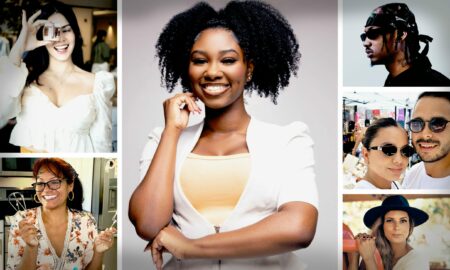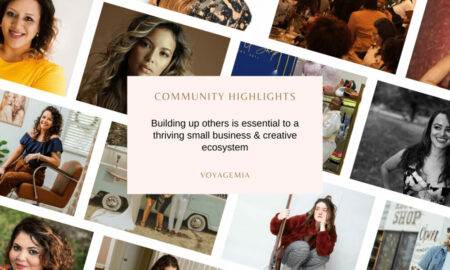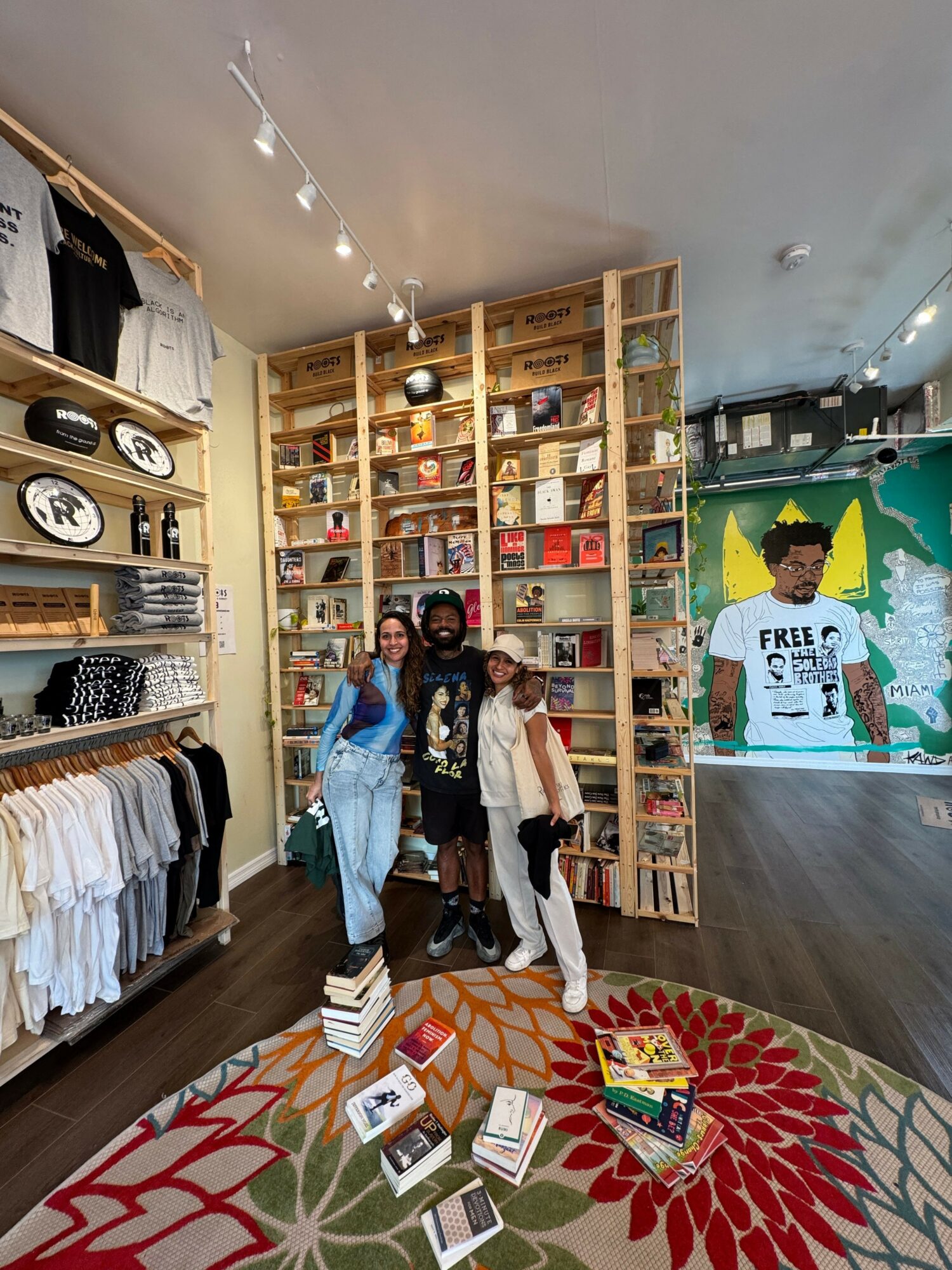

Today we’d like to introduce you to Phil Agnew.
Hi Phil, we’d love for you to start by introducing yourself.
I’m a community organizer, born and raised on the South Side of Chicago. My father was a preacher, my mother a teacher — and they were my first examples of what it means to serve and build community. Growing up in West Englewood, I witnessed firsthand the inequalities Black families like mine were forced to endure, and that politicized me early.
I went to Florida A&M University, and that’s where I truly learned the power of organization. After the killing of 14-year-old Martin Lee Anderson in a Florida boot camp, I helped organize my first campaign — bringing together students from FAMU, FSU, and TCC to demand justice. That experience changed everything for me.
Years later, after the killing of Trayvon Martin, I co-founded the Dream Defenders. Since then, I’ve continued to organize, write, speak, and build spaces for Black people — most recently through Black Men Build, a national effort to bring Black men into the movement for justice, healing, and transformation.
On June 19, 2025, we’ll open the doors to Roots Bookstore and Market in Liberty City — a space built in memory of my brother Danny Agnew. Roots will be a hub for culture, education, and nourishment, planted in one of Miami’s most historic Black neighborhoods.
The throughline of my story is simple: I believe deeply in our people. And I believe we have the power to change everything when we come together.
We all face challenges, but looking back would you describe it as a relatively smooth road?
Definitely not a smooth road — and I wouldn’t expect it to be.
Organizing is about confronting systems that were built to break us. That means you’re going to face resistance, confusion, burnout, and even isolation — from both outside and inside the movement. One of the hardest things has been learning how to hold space for people’s pain while trying to move forward with vision. We’re dealing with generations of trauma, and sometimes the biggest barrier isn’t the state — it’s our own unhealed wounds.
Personally, I’ve lost people I love. My brother, Danny Agnew, was one of the most powerful forces in my life. His passing shook everything.
And of course, sustaining organizations is its own challenge. Fundraising, staffing, evolving, and staying grounded in mission — it’s never easy. But every struggle has taught me something. The lesson I come back to most is that healing and transformation can’t be rushed. You have to build slowly, with intention. You have to pour into people and into yourself.
So no, it hasn’t been smooth — but it’s been real. And it’s been worth it.
Appreciate you sharing that. What else should we know about what you do?
I’m a community organizer, first and always. My work lives at the intersection of politics, culture, and healing. I build things — organizations, campaigns, publications, spaces — that help Black people, especially Black men, see ourselves as powerful, necessary, and whole.
I co-founded Dream Defenders after the killing of Trayvon Martin, and now I serve as Co-Director of Black Men Build, a national organization focused on bringing Black men into the fight for racial, social, and gender justice. We do political education, mutual aid, mass meetings, and publish a magazine called WARTIME. I also co-founded Smoke Signals Studio, a creative space in Miami, and we’re opening Roots Bookstore and Market in Liberty City in 2025.
What sets my work apart is that I don’t believe we have to choose between protest and poetry, between power and tenderness. I specialize in helping people connect the dots — between their personal pain and our collective potential. I believe in strategy, but I also believe in spirit.
I’m most proud of the fact that we’ve built spaces where people feel seen — where they heal, learn, and grow into leaders. Whether it’s a mass meeting, a block party, or a political education circle, I want people to leave feeling more whole than they came.
That’s the work: building freedom that feels like home.
How do you think about luck?
That’s a great question. I think about luck as alignment; moments when preparation meets timing, or when something bigger than you clears a path. I’ve definitely experienced good luck: being at FAMU when I was, crossing paths with people who changed my life, being called into organizing through moments I didn’t plan for — like the murder of Martin Lee Anderson or Trayvon Martin. I didn’t go looking for those tragedies, but they found me, and I was lucky to be surrounded by people who helped me respond with purpose.
But I’ve also seen what some might call bad luck — loss, grief, failed efforts, doors that didn’t open. Losing my brother Danny was the kind of pain that reshapes your entire world. But even that loss, as devastating as it was, became a source of clarity and drive.
So I don’t separate luck from struggle or from faith. I’ve learned to trust the timing, to prepare in the quiet seasons, and to stay open to the unexpected. Luck, for me, is not just what happens, it’s what you do with it when it shows up.
Contact Info:
- Website: https://blackmen.build
- Instagram: https://instagram.com/philsomething
- Facebook: https://facebook.com/blackmenbuild
- Twitter: https://twitter.com/blackmenbuild
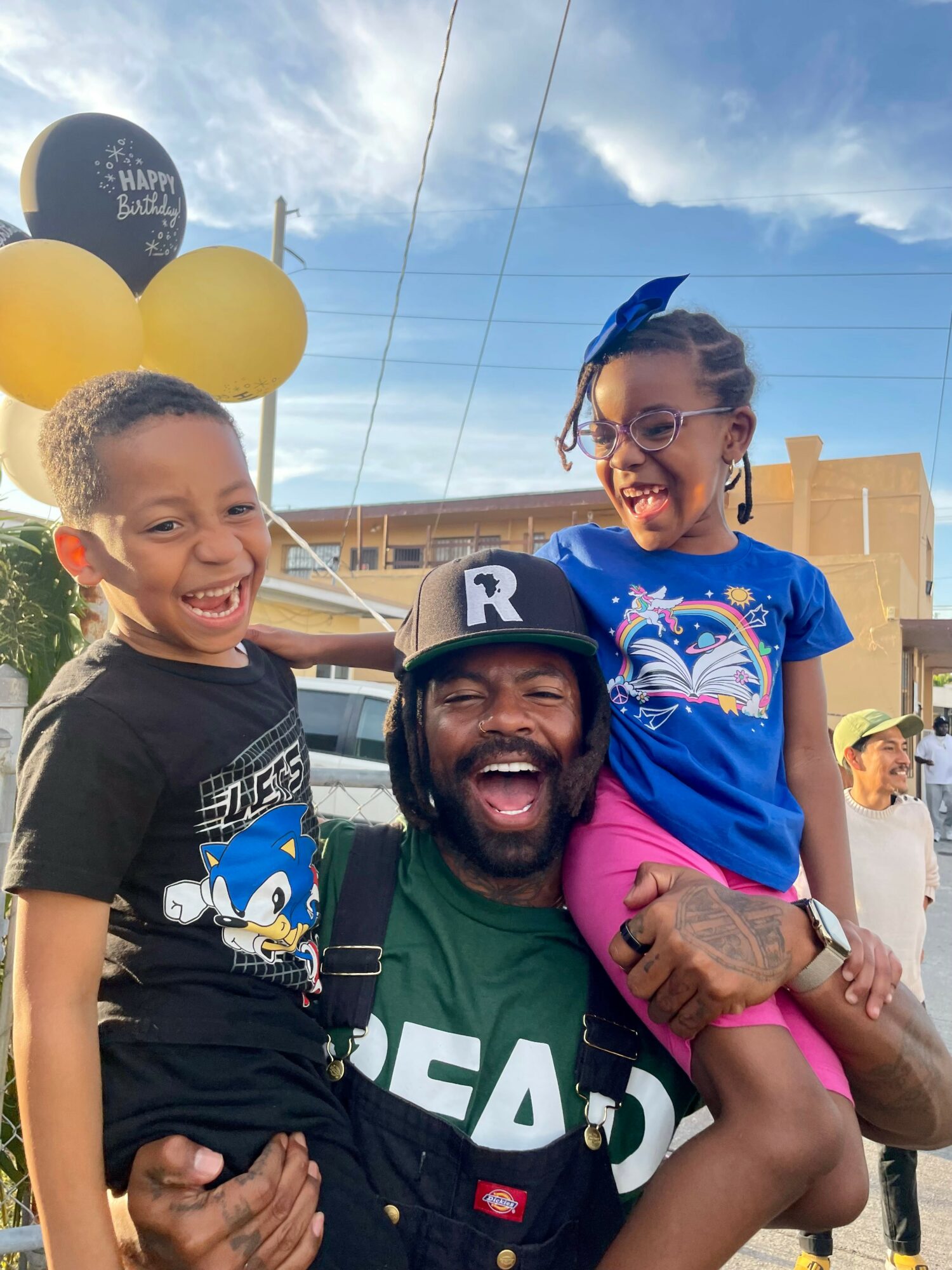
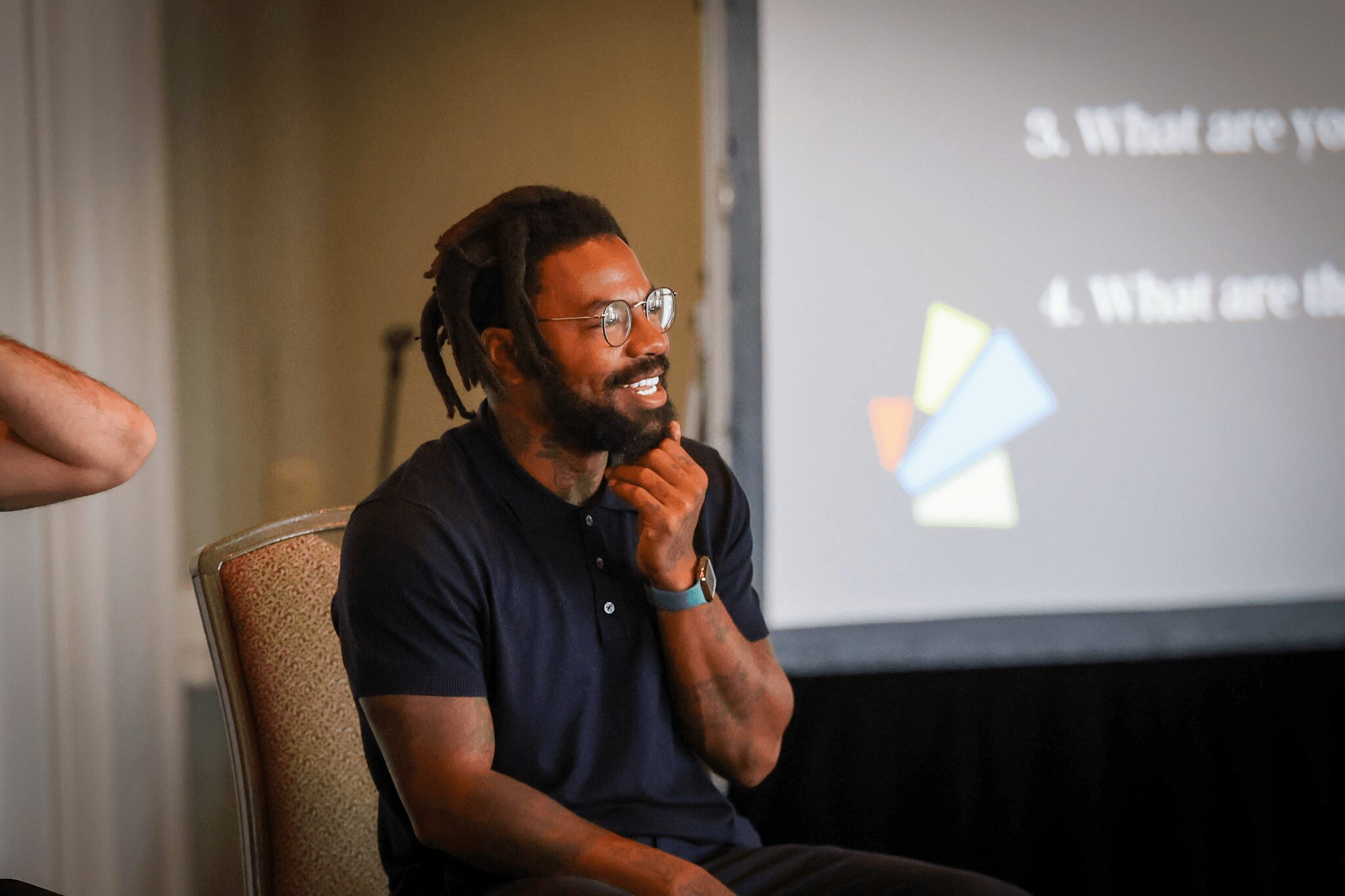
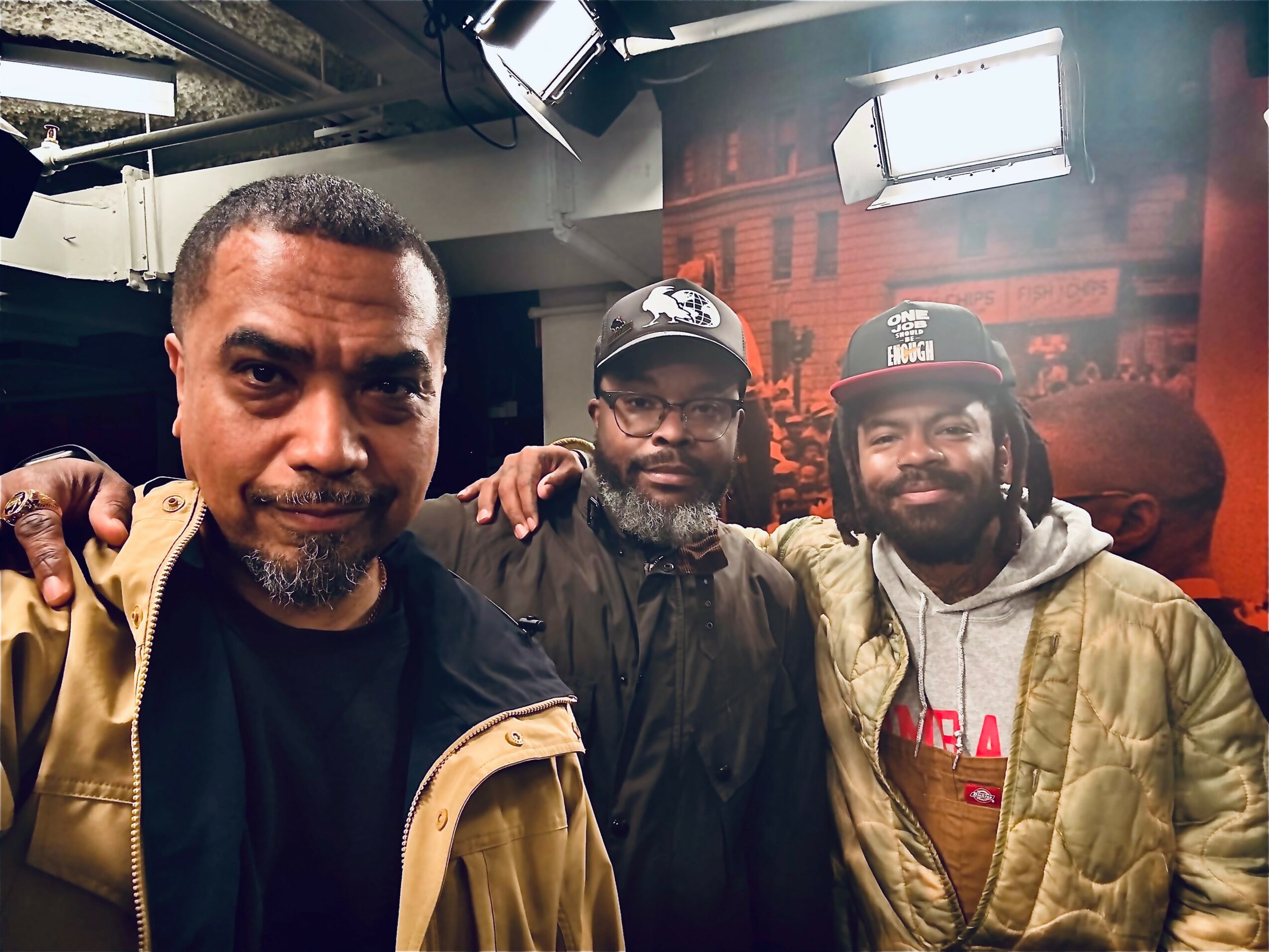
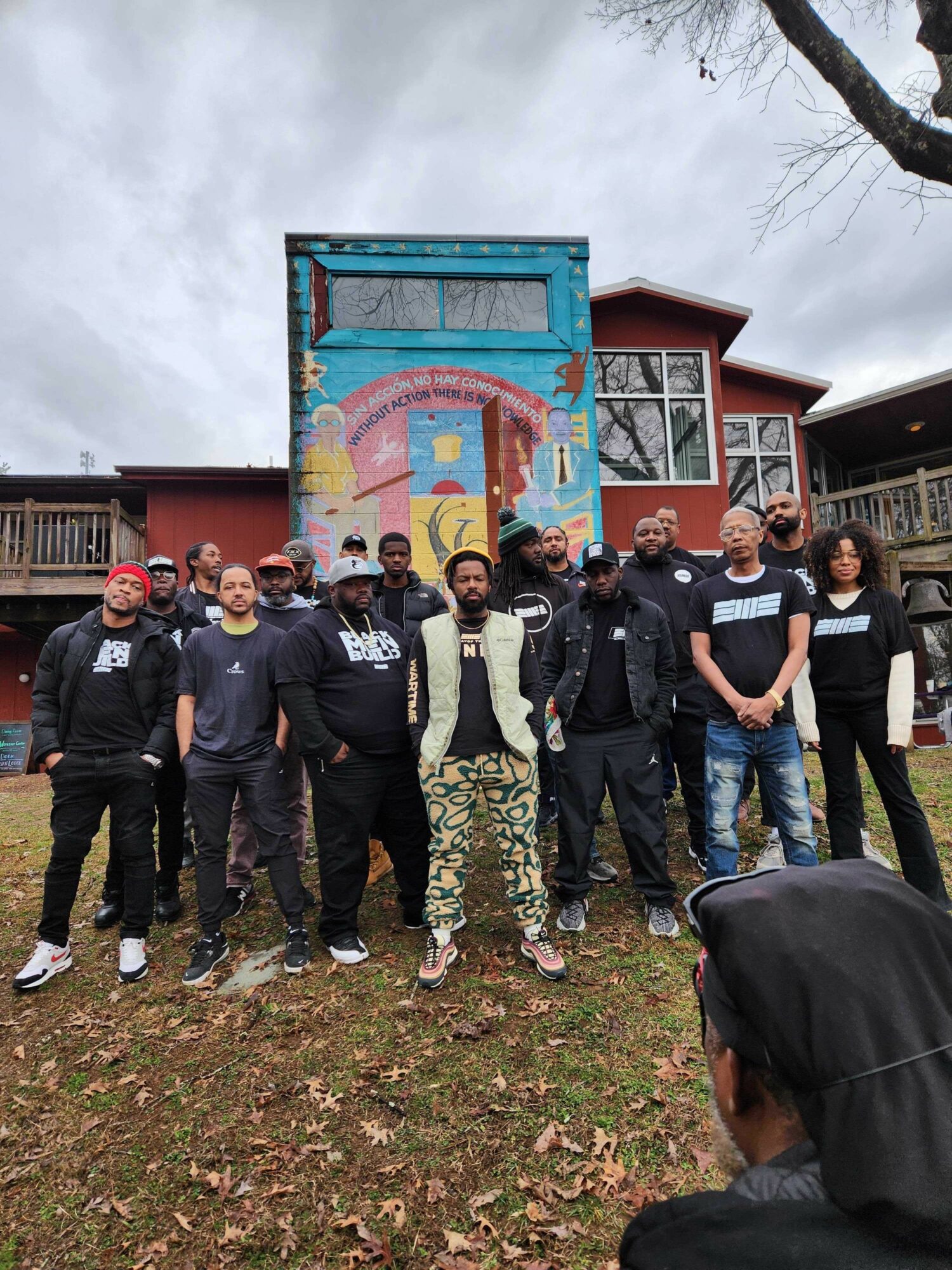
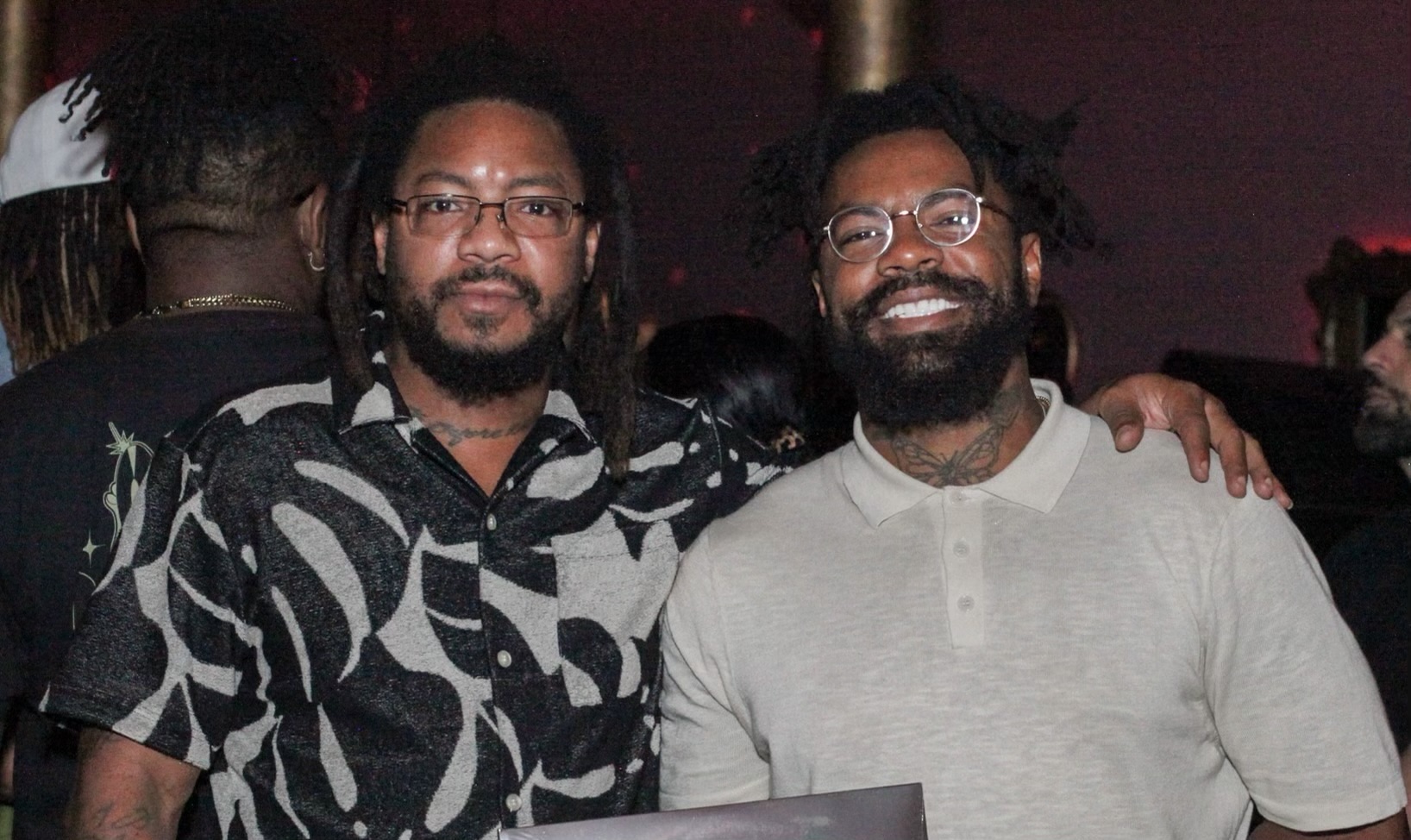
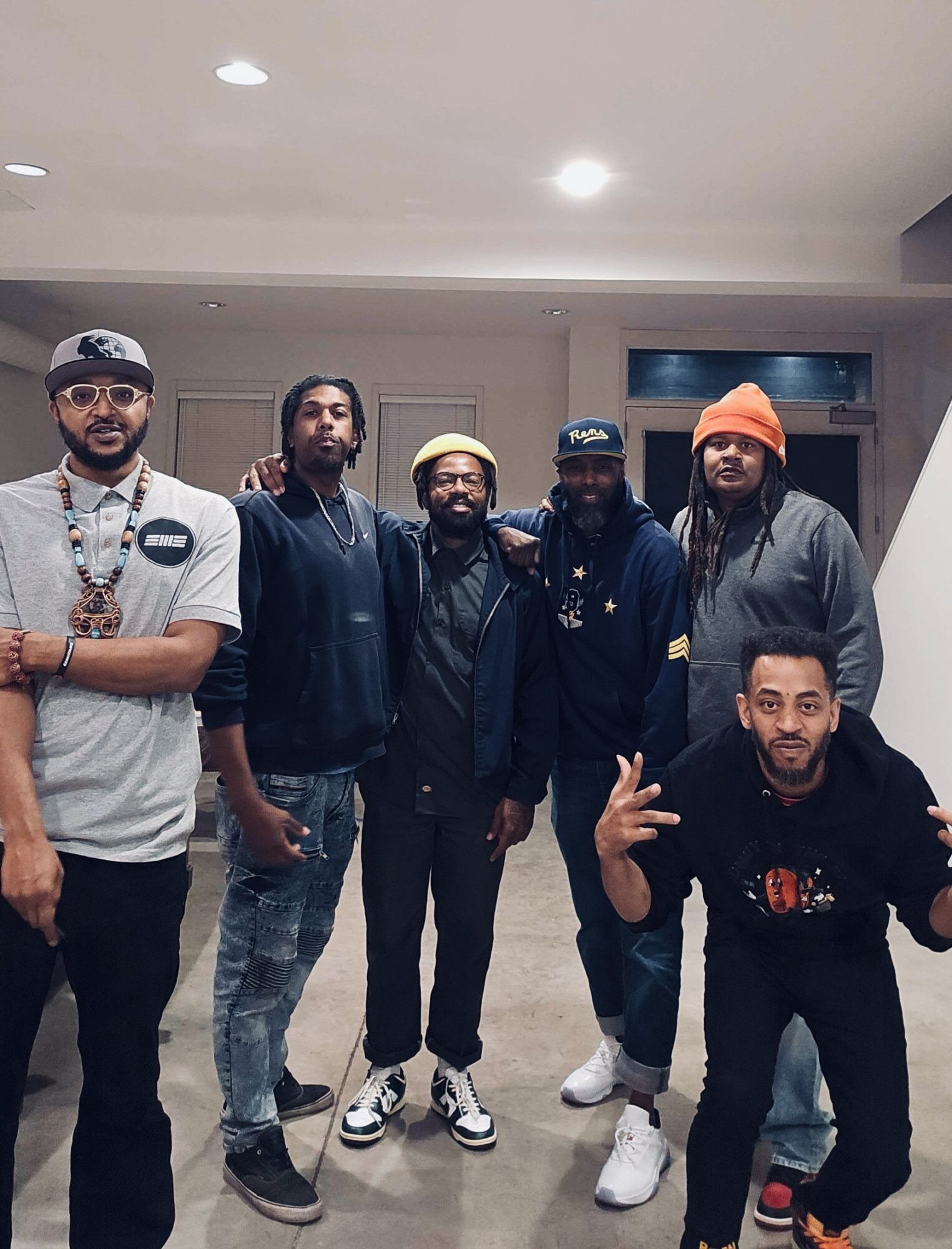
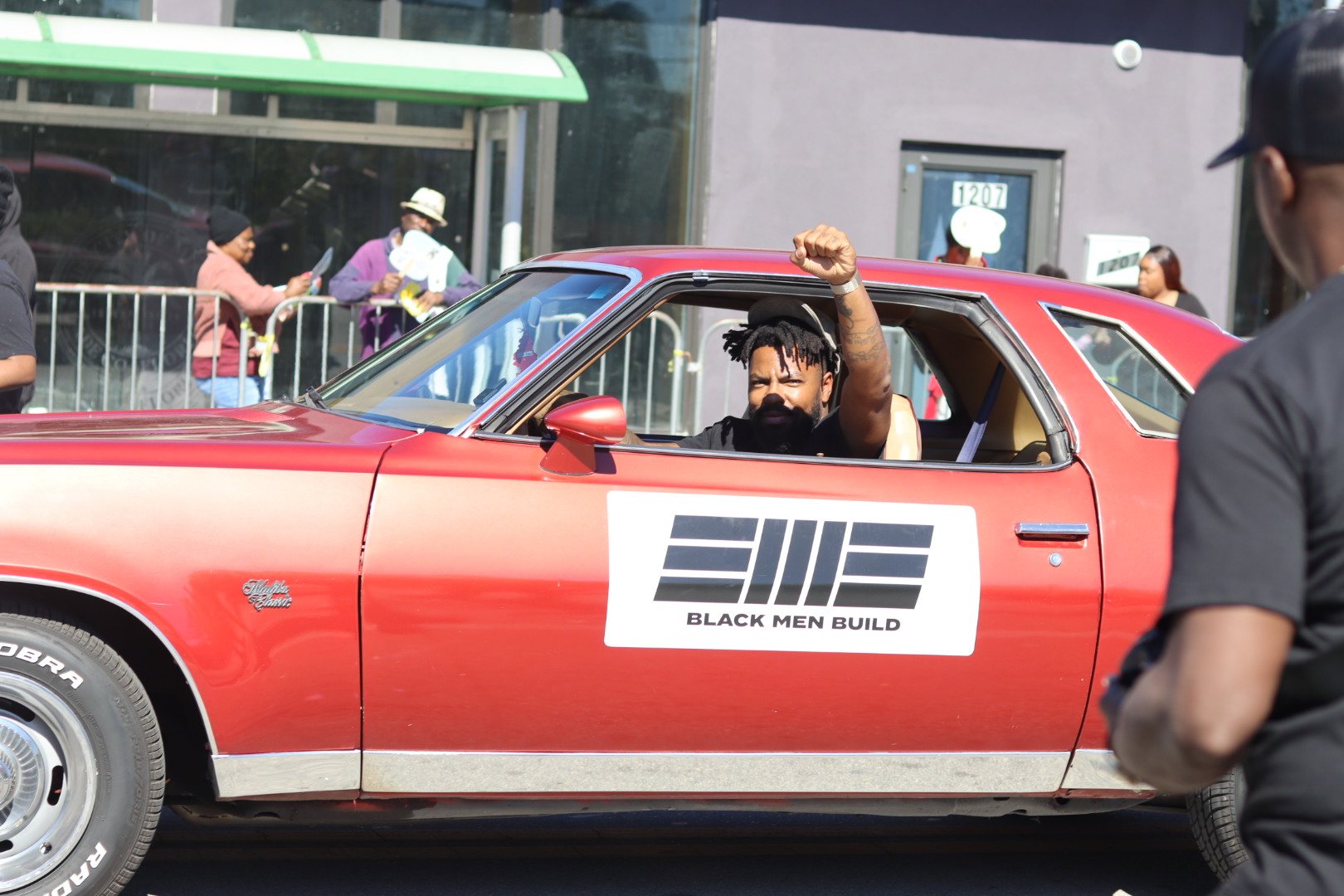
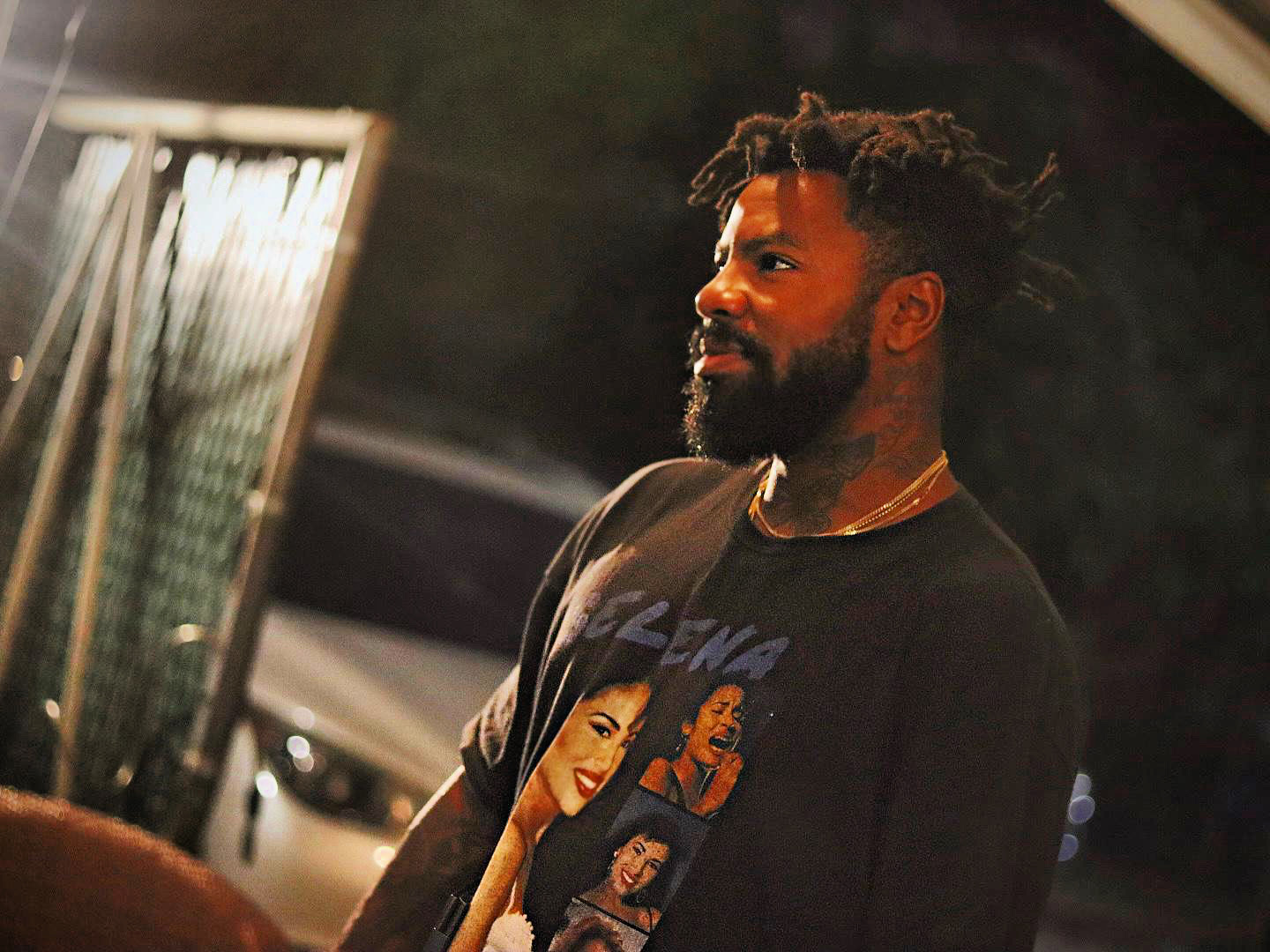
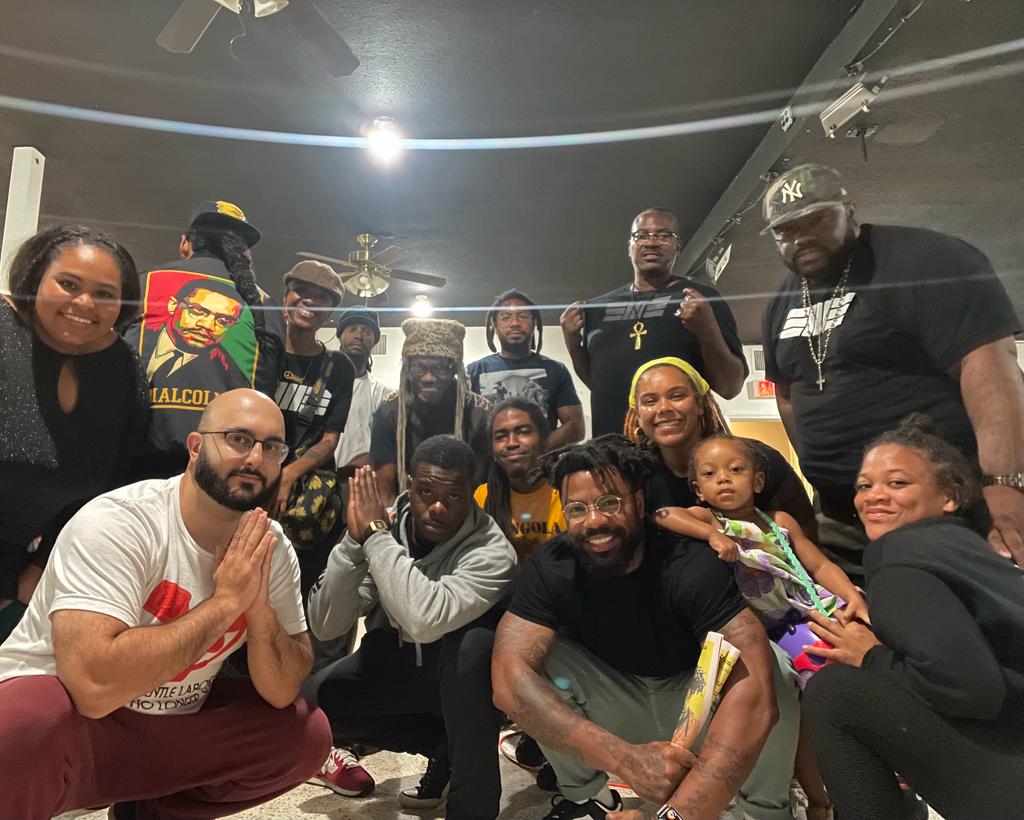
Image Credits
James Howard

